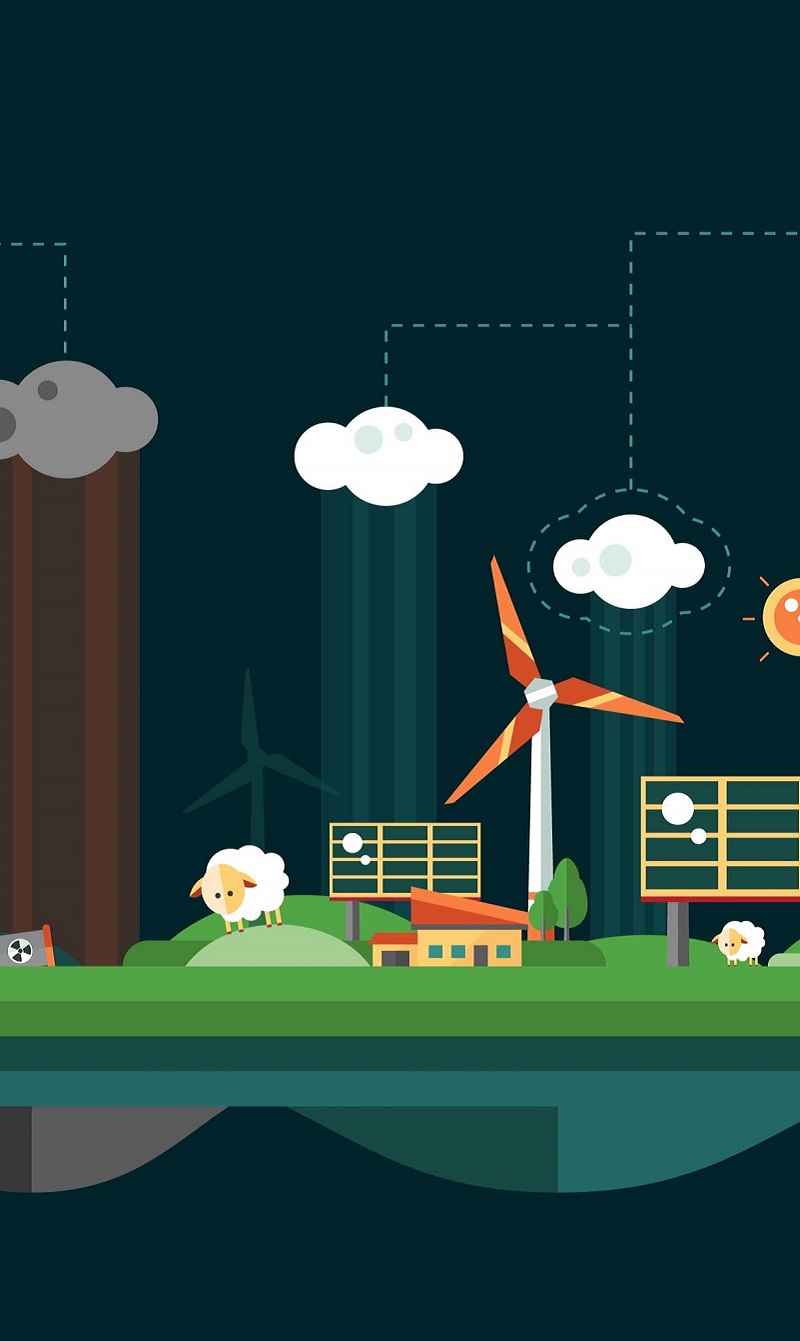Going in circles
Recycling itself can be relatively energy-intensive and, according to experts, recycling as we know it isn’t working. It may seem as if the compelling decision is to abandon this part of the green movement and watch Earth deteriorate rapidly. Or is it? Let’s chew the fat.
Europe takes its adoption of a circular economy seriously. We know this because, in May 2018, the European Commission presented its proposal to ban disposable plastic items such as single-use straws, plates and coffee cups. It had been reported that the proposal was an ambitious one. It suggested that EU member states should pay a fine which would go into the EU budget for every kilogram of plastic that wasn’t recycled and they were expected to apply the disposable plastic ban on single-use item.
Recycling is lucrative, or it can be. An example was a report by German broadcasting company, Deutsche Welle, on how Germany’s waste management industry’s booming. They included an estimated amount, by Germany’s Federal Statistical Office, of EUR2 billion in revenue in 2016. Furthermore, the recycling industry created employment for hundreds of thousands of Germans.
While the German Economic Institute study reported how almost 70 per cent of all German waste was recycled, it also pointed out that the figure was a rather generous one because collected or sorted waste was also defined as recycled when in reality, much of this waste wasn’t reused.
What does this mean to you?
CEO of Waste Corporate America, Bill Caesar, reportedly said that in the short term, it meant that the cost of recycling would outweigh the value of recycling for most companies involved in the process. He also said that materials recycling facilities operators who faced rising costs and falling values for their commodities should pass those costs on to collection companies to survive and collection companies, in turn, must pass on those costs to customers. So, not too good for the public.
No collection company, Bill added, was immune to this challenge. Some might charge more for trash service to continue the illusion that recycling was lower-cost than trash collection while others would charge appropriately for recycling services and would explain why higher prices or additional fees were warranted. He acknowledged how attractive was the convenience of residential recycling to consumers, it had to make economic sense for companies or local governments to continue providing it. Bill reminded that while we might not be happy about the current situation, recycling that wasn’t economically grounded was just not sustainable.
What’s the problem with America?
Jeremy Berke reported in Business Insider US that America’s trade policies made by current administration affected not only the country’s relationships but also the recycling industry. For example, China’s suspension of importing American recycled goods affected American companies that transported these goods. Then, according to Berke, American recycling plants that had lost China as a customer must make up the loss of profit through domestic consumption to meet demand. However, this proved to be a non-event. He further reported that municipalities increased charges of recycling material collection to homeowners to ensure the waste didn’t end up only sitting at recycled plants or landfills.
What’s Europe’s excuse?
Nicole Pfefferle reported in Huffington Post that there was no excuse for them to not separate their garbage in Europe any longer. In her article, she included the EU statistics of the increasing rate for recycled disposals: 28 per cent of all waste in Europe was recycled in 2013 which was up from 26 per cent the year before. She wrote of how, as part of its circular economy strategy, the European Commission adopted a waste management proposal in 2014 that aimed for recycling rates to increase from 70 per cent up to 90 per cent, depending on the material, and a reduction in the amount of landfills – the proposal’s purpose was to secure access to raw materials and to create jobs.
Despite this, and the fact that recycling has been thought of as having no downside, Nicole acknowledged how it wasn’t always the most sustainable option. While governments pushed hard the recycling agenda in policies, it wasn’t the case for waste reduction and prevention. With an increasing demand for resources, she reported, recycling had turned into a profitable business and the industry was booming but some were questioning its long-term sustainability. She added that, for its critics, the ability to recycle distracted from more profitable, and more green, waste-reduction strategies.
In the same article, Nicole reported that those involved in promoting recycling or resource efficiency suggested that for recycling to be sustainable, it had to be incorporated more completely into products’ life cycle – their eventual recycling should be built into their design from the beginning, to reconnect recycling to the production cycle and to provide insights from recycling processes to the beginning of the value chain to improve product design. However, Nicole wrote, this idea wasn’t without its challenges – limited possibilities for transferring recycling knowledge to the design of products, no incentives for the producer and capacities were limited.
Is it easier to just not recycle?
Here’s food for thought: In 2015, The Guardian reported facts from a research, considered new then, on how we were ‘eating away at our own life support systems’ at a rapid rate unseen in the past 10,000 years through land and freshwater systems degradation, greenhouse gases emissions and releasing vast amounts of agricultural chemicals into the environment. In fact, according to them, two major new studies by an international team of researchers pinpointed the key factors that ensured a habitable planet, with stark results.
‘Of nine worldwide processes that underpin life on Earth, four have exceeded “safe” levels. [These are] human-driven climate change, loss of biosphere integrity, land system change and the high level of phosphorus and nitrogen flowing into the oceans due to fertiliser use,’ The Guardian reported and continued with, ‘Researchers spent five years identifying these core components of a planet suitable for human life, using the long-term average state of each measure to provide a baseline for the analysis. They found that the changes of the last 60 years are unprecedented in the previous 10,000 years, a period in which the world has had a relatively stable climate and human civilisation has advanced significantly.’
Last words
Recycling is very important because waste has a huge negative impact on the natural environment. Harmful chemicals and greenhouse gasses are released from rubbish in landfill sites. Recycling helps reduce the pollution caused by waste. Habitat destruction and global warming are some of the effects caused by deforestation.
In The Huffington Post, Anders Wijkman, a senior adviser at the Stockholm Environment Institute, suggested that we should shift from owning and then disposing things such as computer, mobile phone and such, to renting them until they were no longer needed and recycled again. It could work. While policies and corporations are catalysts for waste reduction efforts, it’s fundamental that we change how we think about recycling and reducing waste. Collectively, we need to change gears when it comes to recycling so that throwing away waste is an anomaly, much like throwing away perfectly good food.
The next question is, how long till dystopia hits? Well, we may not be able to fully stop Earth’s deterioration but we can pull its brakes and slow it down significantly through our green efforts. It’s not our best bet, it’s our only bet.





